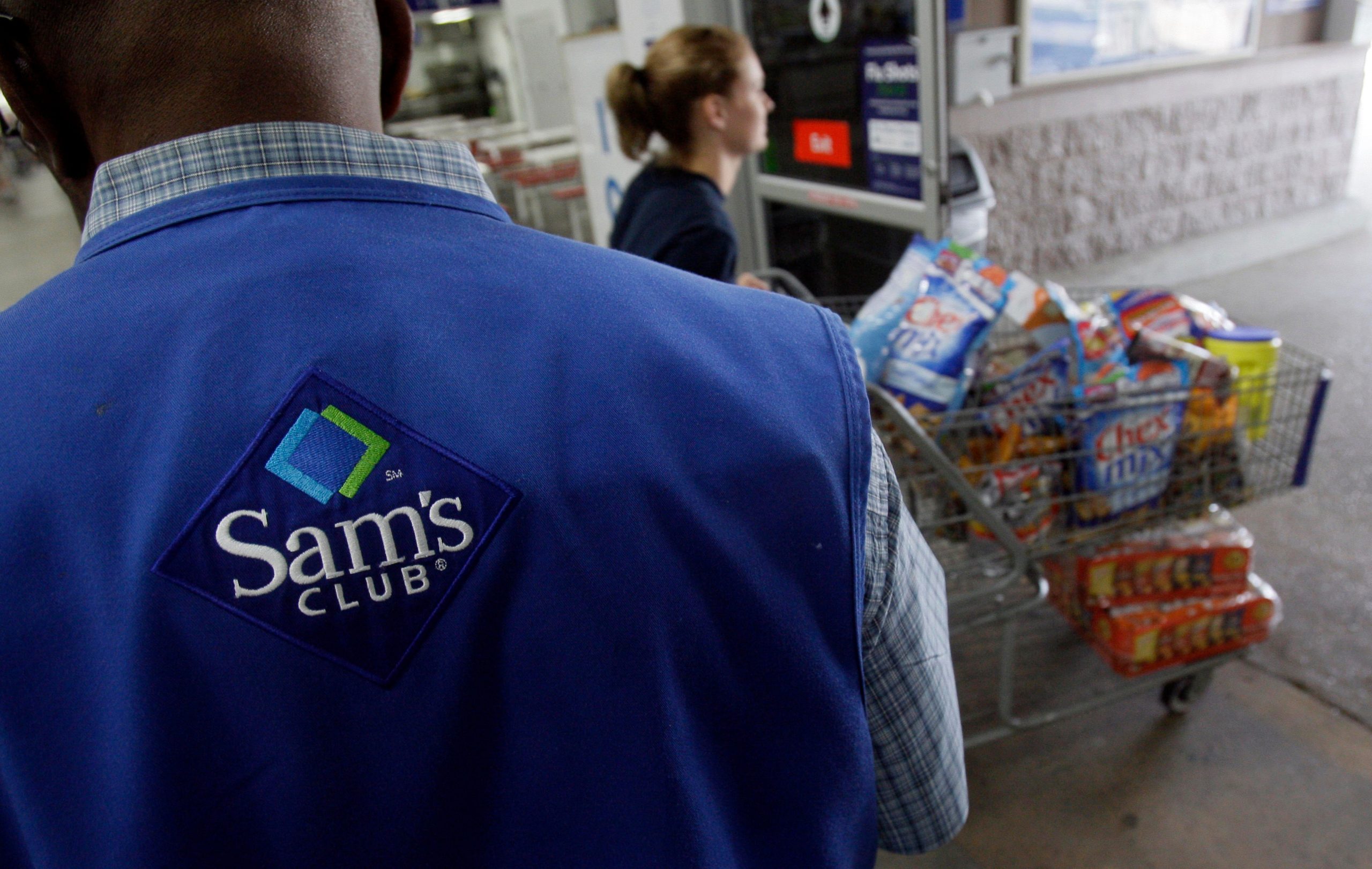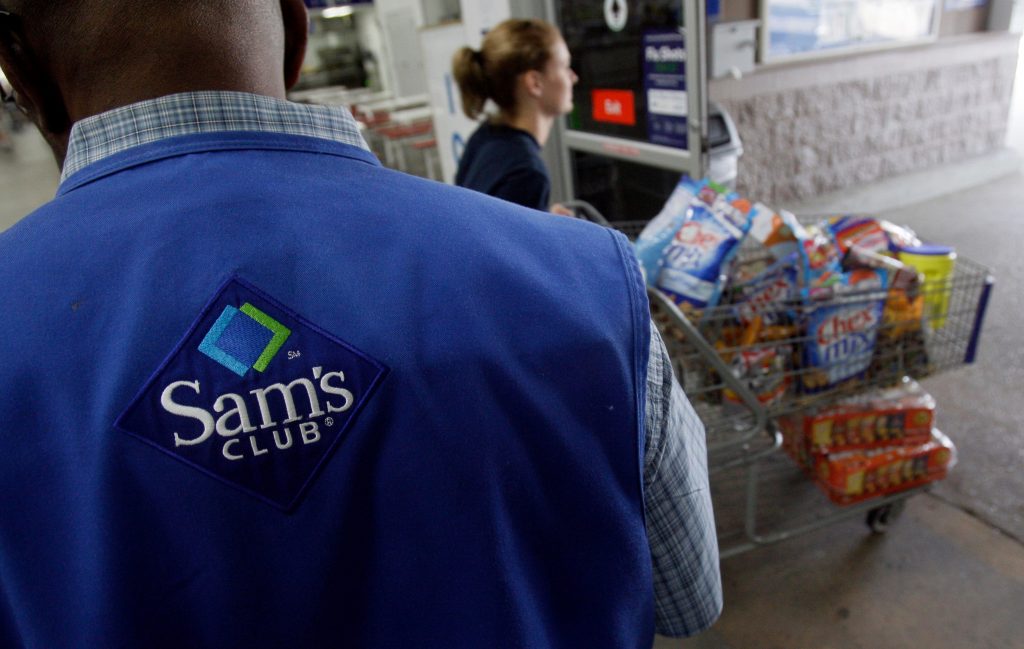
- Sam's Club CEO Kathryn McLay said the company is at "full employment," Yahoo reported.
- McLay said higher wages and "career ladders" have helped it keep workers as many companies struggle.
- But Walmart's wage hikes have been relatively small relative to its record pandemic earnings.
Sam's Club CEO Kathryn McLay said that the company's roughly 600 stores have been at "full employment" for more than three months, Yahoo Finance reported.
"It's probably the statistic that I am most proud of. Our clubs have been at full staffing for probably over three months," McLay told an audience at Yahoo Finance's All Markets Summit on Tuesday.
By that account, the Walmart-owned membership warehouse chain appears to be bucking the trend among its competitors, which have struggled to recruit and keep workers in recent months.
McLay said Sam's Club's ability to retain workers is due to its starting pay and career advancement opportunities, Yahoo reported.
"A little while ago, we announced that we're at $15 [per hour] as a minimum wage, but our average wage is actually around $17.30 [per hour]," McLay said, according to Yahoo.
She also cited a multi-year effort to raise wages and ensure the company has what it calls "destination jobs," such as "cake decorators, meat cutters and forklift drivers," and clear "career ladders that will start at the bottom of the rung and work their way up."
Yet Walmart during the pandemic has been "among the least generous" of major US retailers, according to a Brookings report from December 2020.
Brookings cited Walmart and Amazon specifically as having shared the least of their record earnings - a combined $10.7 billion in 2020 - with workers.
Walmart spent $1.6 billion on hazard pay last year for around 1.5 million workers and increased their pay by 71 cents an hour, while Walton family members saw their net worth increase by $40.7 billion and pay increase by $6.2 million, according to Brookings.
Walmart and Sam's Club have undergone a major restructuring over the past few years, which has reportedly included consolidating jobs into roles with more responsibility, often for the same pay, as well as layoffs for employees whose jobs got cut.
Sam's Club's isn't the only large retailer feeling pressure to raise wages and improve working conditions among growing inequality, nor has it gone the furthest. Also on Tuesday, Costco said it was raising its starting hourly wage from $16 to $17, and Amazon raised its minimum wage to $15 per hour in 2018.
Real wages for most Americans have remained largely stagnant for the past four decades, Pew Research Center found, and in the 15 years leading up to the pandemic, the average retail wage had slightly declined, according to the Bureau of Labor Statistics.
However, the pandemic threw the US labor market into disarray, and many workers have been reluctant to return to low-paying, high-risk, and otherwise demanding jobs.
At the onset of the pandemic, many large retailers laid off massive numbers of their employees, disproportionately impacting lower wage workers. Retail and other "essential" workers - more likely to face constant exposure to large numbers of coworkers and customers - were also hit especially hard by COVID-19 outbreaks.
In more recent months, retailers like Sam's Club have struggled to find workers to fill those jobs, with labor experts citing factors including rude shoppers, skill mismatches, and people rethinking life and work priorities. Increased unemployment benefits and federal aid, however, haven't kept people from looking for work - though they have given Americans more choice over where they want to work.

